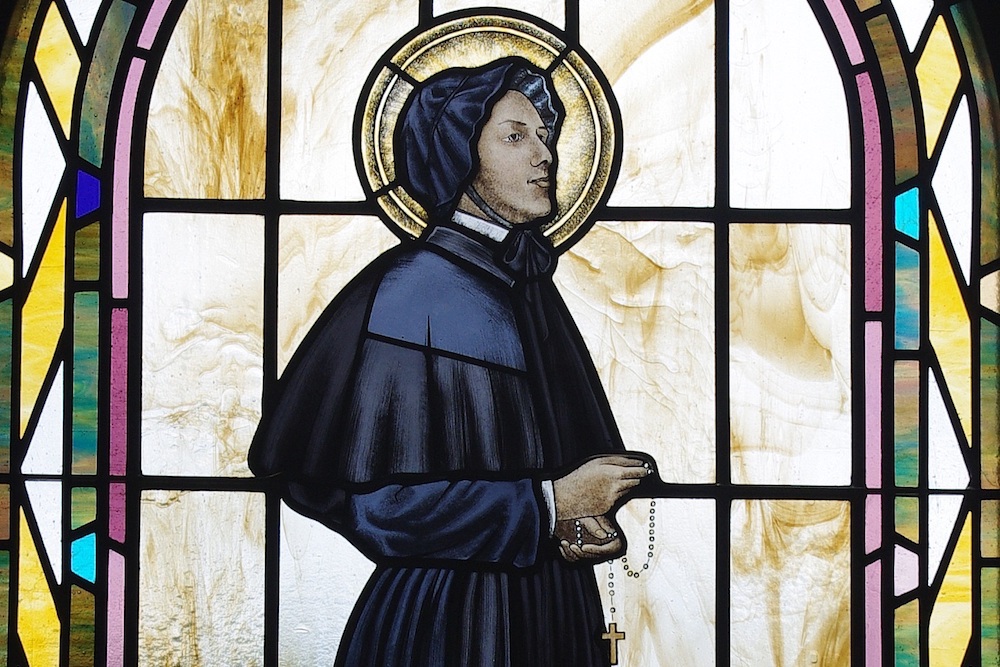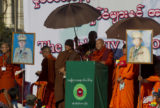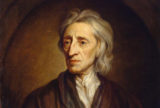Why America’s First Saint Stopped Trying to Convert Her Neighbors to Catholicism
In the Early 19th Century, Elizabeth Seton Concluded That Proselytizing Undermined Social Harmony
Elizabeth Seton, for whom hundreds of Catholic parishes and schools are named, was the first native-born American citizen to be made a saint in the Roman Catholic Church. Her 1975 canonization was the result of decades of labor by admirers who sought evidence of Seton’s “heroic virtue”—and miracles. Those admirers, who oversaw Seton’s presentation in Rome, also shaped an enduring story about the society in which Seton, who was born in 1774 and died in 1821, lived.
Emphasizing Seton’s courage in the face of anti-Catholic prejudice, the story fits …







